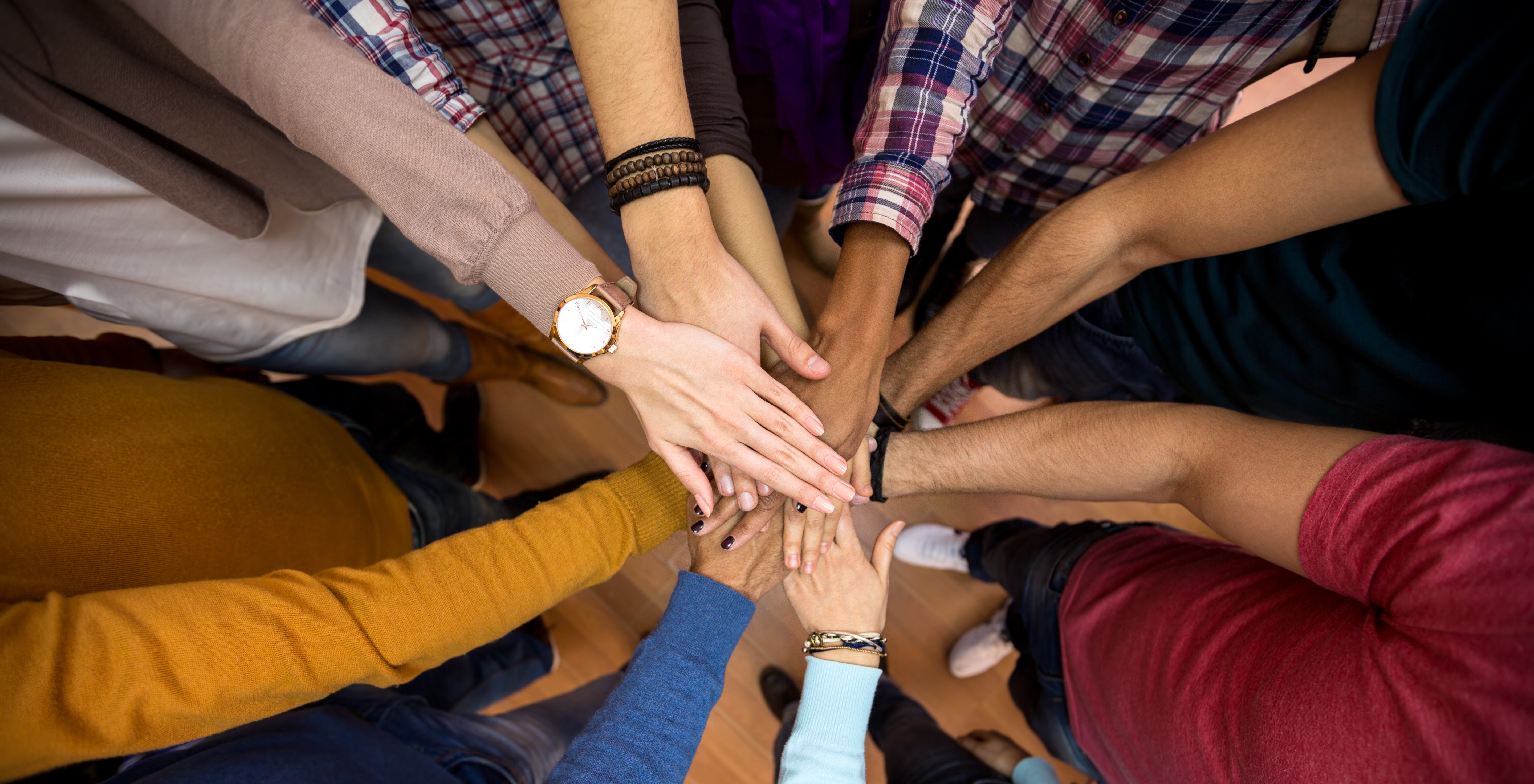
ICMEE joins scholar-practitioners across the United States in categorical condemnation of the abuses of migrant families at the U.S. border. This includes separating children from their parents and housing them in primitive, jail-like conditions, as well as the indefinite imprisonment of migrant families in warehouses and makeshift “tent cities.”
What is Happening?
Under border policies imposed by Jeff Sessions and the Trump administration’s Department of Justice, immigrants crossing the border into the U.S. are being arrested and detained indefinitely. As this practice began, U.S. border agents separated children from their parents and housed them in what the government euphemistically called “tender care facilities.” Photos of these facilities show children caged, and witnesses describe facility rules prohibiting people from comforting the traumatized children. Multiple reports describe border agents participating in acts of abuse, including druggingchildren to keep them docile. To justify these abhorrent acts and the border policy that underlines them, the president and representatives of his administration have used dehumanizing language that casts migrant families, in turns, as violent criminals, as animals, and even as insects who seek to “infest” the U.S.
While the president signed an executive order promising to end family separation, this order merely trades one inhumane policy for another by allowing the U.S. government to indefinitely incarcerate immigrant families. It also explicitly assigns the military a role in the detention of migrants, and the Trump administration is making plans to erect “austere” tent camps on military bases across the country. These makeshift detention camps that house or will house thousands of detained individuals and families are prompting many to draw comparisons between these facilities and the internment camps where Japanese Americans were forcibly incarcerated during WWII.
Historic & Political Perspective
The recent influx of immigrants, particularly from Central American countries, is not an ahistorical event. However, the narrative that the current administration has sought to construct makes no mention of U.S. actions in Central America that have played a major role in the wave of asylum seekers—from Reagan-era work to prop up a brutal dictatorship in El Salvador to more recent legitimation of a violent coup in Honduras in 2009. These acts by the U.S. government have contributed to conditions in which people are fleeing for their lives. We have the ethical responsibility to provide them asylum, rather than imprison them.
The Tump administration’s separation of families and the practice of imprisoning asylum-seeking migrants has been met with a general outcry of anger from the public, and rightfully so. However, we also must not be ahistorical in our understanding of these acts. In particular, separating parents and children in families of color is not a new phenomenon in the United States. This practice has a long history, including separating enslaved Black families in the century prior to the Civil War and forcing Indigenous peoples living in the United States to send their children to boarding schools, where they were subject to both physical and cultural cruelty. Just as the Trump Administration and its supporters are doing now, people have justified these acts by casting the families of color as less than human, and any difference as deserving of punishment. There were also problematic practices regarding the treatment of immigrant families during the Obama administration that included family detention as well as separation, particularly via escalated deportations. The inhumane acts in our history do not justify the continuation and expansion of those practices now.
What can we do as ICMEE?
In our eWorkshops, we seek to support educators in learning to develop complex, critical perspectives in which they can see the connections between themselves, and the systems they work in, to the perpetuation of inequalities. In our eWorkshops, we seek to work with educators in ways that promote not just tolerance and acceptance, but actual reframing of difference as a positive and creative force. Educators need to be able to set current political occurrences in their historical context; they need opportunities to discuss what is happening nationally and make connections to their current work. We believe there are opportunities to do that within and across our eWorkshops. We encourage eWorkshop participants to do such
In addition, ICMEE and our collaborators can lobby their local institutions to put out official statements condemning the current human rights abuses and committing to stand in solidarity with immigrants. Institutions of education can make statements to their communities in support of their immigrant families, committing to protections, such as refusing to cooperate with ICE.
What can I do as an individual?
Call both your federal, state, and local representatives to let them know that we need protections for migrant families. Urge your congresspeople to pass legislation to end practices of separating and imprisoning families, to provide funds to reunite families immediately, and to defund government agencies and programs that perpetuate immigrant rights abuses, such as ICE. Urge your state and local representatives to pass local measures to protect migrant rights and to block any efforts to establish camps in your state or region.
Donate to vetted organizations working on behalf of migrant families. Some include:
· RAICES https://www.raicestexas.org
· Young Center for Immigrant Children’s Rights: https://www.theyoungcenter.org/stories/2018/5/8/young-center-announces-the-immigrant-child-and-family-rights-project
· Kids in Need of Defense: https://supportkind.org
· ACLU: https://www.aclu.org
Join protests, rallies, and occupations.
· Attend or host a protest for the Families Belong Together National Day of Action, June 30: http://www.webelongtogetherkids.org
· Use the hashtag #OccupyICE on FaceBook and Twitter to find a protest or occupation of ICE facilities near you.
· Find protests by searching for a protest calendar for your nearest major city- for example, New York: http://takeactionnyc.com/nyc-protest-event-calendar/and Los Angeles: https://www.facebook.com/pg/MarchAndRallyLA/events/
Other ideas for being an ally to immigrant families:
https://www.indivisible.org/resource/immigrant-ally-toolkit-introduction/
Download here the statement:
https://cehs.unl.edu/tlte/ICMEE/ICMEE%20Statement%20on%20the%20Deportation%20and%20Separation%20of%20Migrant%20Families%5B7164%5D.pdf
More details at: https://go.unl.edu/gvpp